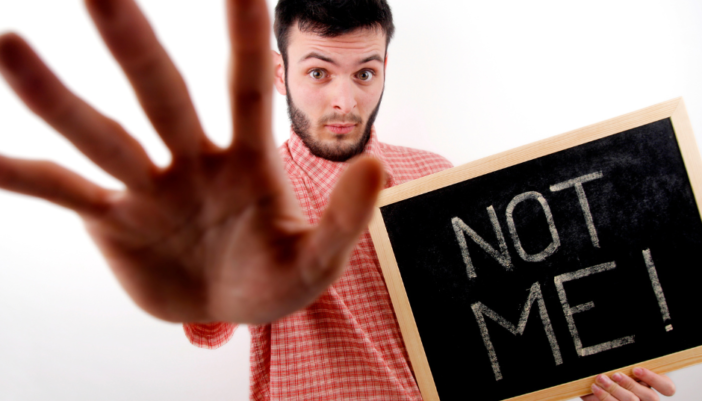Don’t Be Defensive, Be Accountable: The Benefits of Owning Your Behavior
Defensive behavior is a natural response to situations where we feel threatened or vulnerable. It can manifest in a variety of ways, such as deflecting blame, denying responsibility, or lashing out at others. While defensive behavior can be a coping mechanism in the short term, it can lead to long-term negative consequences if we don’t take responsibility for it. Let’s look at what happens when we don’t take responsibility for defensive behavior.
First, when we don’t take responsibility for our defensive behavior, we risk damaging our relationships with others. When we deflect blame or deny responsibility, we may inadvertently hurt others or cause them to feel alienated. We definitely can invalidate their experience. This can create a vicious cycle where the other person responds defensively, and the relationship deteriorates further. In extreme cases, defensive behavior can lead to the breakdown of relationships altogether.
Secondly, defensive behavior can lead to a lack of personal growth and development. If we’re constantly deflecting blame or denying responsibility, we’re not able to learn from our mistakes or improve ourselves. Instead, we become stagnant and stuck in our ways, which can be detrimental to our personal and professional lives. Taking responsibility for our defensive behavior allows us to acknowledge our mistakes, learn from them, and grow as individuals.
Thirdly, when we don’t take responsibility for our defensive behavior, we risk doing even more damage our own self-esteem and self-worth. I say “more” because it’s self-esteem issues that contribute to being defensive – always in fear of being “found out.” Constantly deflecting blame or denying responsibility can create a negative internal dialogue, where we feel like we’re not good enough or capable enough to handle certain situations. This can lead to feelings of anxiety, depression, and low self-esteem, which can impact our overall well-being.
Lastly, defensive behavior can lead to a lack of trust and respect from others. If we’re constantly deflecting blame or denying responsibility, others may begin to see us as untrustworthy or unreliable. This can be particularly damaging in professional settings, where trust and respect are critical components of success. Taking responsibility for our defensive behavior allows us to demonstrate accountability and earn the trust and respect of others.
Defensive behavior is a natural response to feeling threatened or vulnerable, but it can have negative consequences if we don’t take responsibility for it. By acknowledging our mistakes, learning from them, and taking responsibility for our actions, we can build stronger relationships, foster personal growth, maintain our self-esteem, and earn the trust and respect of others. It’s not always easy to take responsibility for our defensive behavior, but doing so is essential for our personal and professional success.




